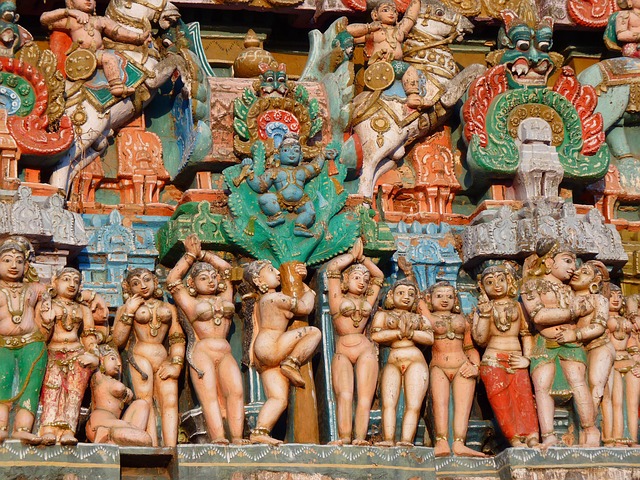Apollo: The God of Light and Music in Greek Mythology
In the rich tapestry of Greek mythology, few deities shine as brightly as Apollo. Revered as the God of Light, Music, and Healing, Apollo embodies the harmony of the universe—bringing together reason and emotion, intellect and art. His multifaceted persona resonates with the many aspects of life, inspiring generations through stories that encapsulate human experiences.
As the son of Zeus and Leto, and the twin brother of Artemis, Apollo emerged from the depths of Greek religious life as a symbol of divine authority and moral clarity. His role extended beyond mere representation; he was a guiding force for those who sought truth, wisdom, and artistic inspiration. Temples dedicated to Apollo served not only as places of worship but also as centers of cultural exchange, where music and poetry flourished under his watchful eye.
One of Apollo’s most cherished attributes is his association with light. Often depicted with a radiant halo, he is portrayed as illuminating the world with knowledge and clarity. In a society seeking answers and guidance, Apollo represented the quest for enlightenment—drawing people closer to the divine through his ethereal presence. This notion of light as a beacon of hope continues to resonate, reminding us of the importance of seeking our own truths in a world filled with shadows.
Just as symbolic as his luminous persona is Apollo’s connection to music. The lyre—his quintessential instrument—echoes tales of empathy and creativity, inviting listeners to experience emotions through melodic narratives. From epic ballads recounting heroic adventures to soft melodies that soothe the soul, Apollo’s music transcended mere entertainment; it was a vehicle for spirituality and healing. The arts, much like religion, become a refuge for individuals seeking to express their innermost emotions, reflecting the divine artistry of the cosmos.
Apollo also played a crucial role in healing and prophecy. The sacred healing springs and asylums, such as the one at Epidaurus, illustrate the depth of his influence on ancient spirituality. Worshippers sought Apollo’s intervention in times of illness and despair, hoping for solace and recovery. This blend of healing and music offered a comprehensive approach to well-being, acknowledging the interconnection between the body and spirit—a practice still relevant in contemporary interpretations of holistic health.
As the embodiment of balance and harmony, Apollo’s mythos serves as a reminder of our own journeys. In times of uncertainty, we can look to the lessons of his life, understanding that the pursuit of knowledge, creativity, and well-being is essential to our own divine path. Celebrating Apollo not only honors the gods of the past but also illuminates the universal search for meaning that persists in our modern lives.
Through Apollo, we are encouraged to explore our potential, remain open to the beauty of artistic expression, and seek enlightenment through knowledge and experience. In embracing the spirit of Apollo, we can illuminate our paths and cultivate a deeper connection to the world around us.




